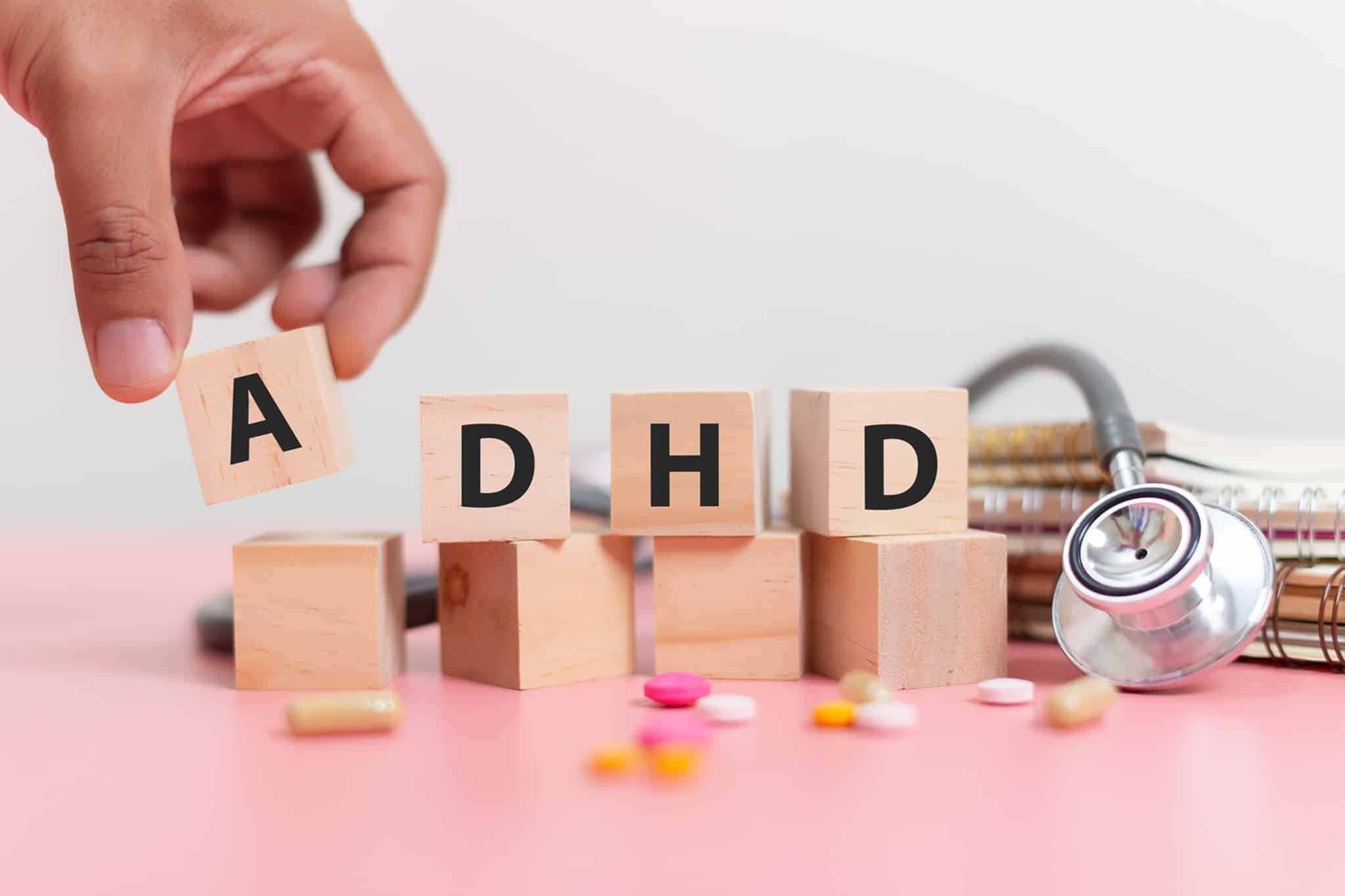For years, I carried invisible pain. I heard things others didn’t. I felt watched when I was alone. I thought it was stressful. Maybe even spiritual. But deep down, I knew something was off. Finding a schizophrenia psychiatrist was a journey full of delays mostly caused by myths I believed.
Early intervention matters. But like many others, I hesitated to ask for help. I now know I’m not alone. The road to my diagnosis was rough, but the new schizophrenia treatment options gave me a fresh start and a reason to hope again.
The Myth of “Just Stress” and Its Harmful Impact
It’s easy to dismiss symptoms of schizoaffective disorder as mood changes, stress, or just a bad time. I told myself the same thing. I was working a lot, isolated, anxious. I thought I was just tired. The hallucinations would pass. But they didn’t and I fell into a superficial loop of fear, confusion, and misinterpretation.
The reality is, schizophrenia and schizoaffective disorder are illnesses, not moral failings or character deficits. It wasn’t until I was supported by a psychiatrist who understood schizophrenia in my community that I found the guidance to separate the two.
Every day of delayed treatment meant another day of pain and fewer coping tools. The longer I waited the less I was able to hold my job, relationships, or reality.
Why I Ignored the Signs Even When I Needed Help for Schizoaffective Disorder
Even though I searched for treatment for my schizophrenia nearby I didn’t follow through or visited a mental health clinic. I was scared. Stigma convinced me that I was unfixable. I thought medication would numb my brain. I would lose who I was. I was fearful of weight gain, dependence, or worse being institutionalized.
No one told me how treatable mood disorders and schizo-affective disorders can be. That the newer medications on the market today have more targeted mechanisms of action, and some are granted FDA approval for long-term use.
I didn’t come to trust treatment until I found a schizo-affective specialist who took the time to explain the medications and the treatment process without judgment.
Finding a Schizophrenia Treatment Center Changed Everything
When I finally checked into one of the best schizophrenia treatment centers, everything started to change.
The staff did not just hand me antipsychotic medication and move on, they explained how the different medications worked on dopamine receptors and muscarinic receptors in the brain, monitored side effects, provided supportive medication while working through my mood stabilizing regimen, and developed a personalized treatment plan for me.
At that center, I was introduced to therapy, daily structure, and peer support groups. I met other individuals who were experiencing the same fears. It was a beautiful realization.
Suddenly, I was not broken, I was healing.
How the Best Treatment for Schizoaffective Disorder Gave Me My Life Back
Once I was diagnosed with schizoaffective disorder, I feared I’d never live a “normal” life. I worried I’d lose all ambition. But the best treatment for schizoaffective disorder helped me regain stability.
Through a mix of medications to treat schizoaffective disorder, CBT, and community support, I found clarity. The negative symptoms of disconnection, lack of motivation, withdrawal started to fade.
It wasn’t overnight. But with each step, I felt stronger. I also learned that schizoaffective disorder residential treatment can offer long-term tools, not just crisis care.
Meeting the Best Psychiatrist for Schizophrenia Made the Difference
My recovery truly began when I met the best psychiatrist for schizophrenia in my city.
This wasn’t someone who rushed appointments or pushed meds without thought. They listened. They educated me about clinical trials. They celebrated small wins with me. They never talked down to me or treated me like a diagnosis.
Most importantly, they helped me believe that I could still lead a meaningful life.
From Surviving to Thriving with the Right Schizophrenia Treatment Near Me
If you’re searching for schizophrenia treatment near me, don’t wait. I wasted years trying to “snap out of it.” That approach never worked.
The right care can help people with schizophrenia take charge of their lives. Treatment programs today are more inclusive, trauma-informed, and recovery-focused than ever before.
I now manage my symptoms. I work part-time. I write. I volunteer. I laugh again. I also use affirmations daily:
“I am more than my diagnosis.”
“Healing is not linear, but I’m on the path.”
“My mind is worthy of care.”
Why We Must Talk About Mental Health Openly
Shame was one of the biggest reasons for my delay in getting help. In many cultures and communities, talking about mental health or visiting a mental health clinic still feels taboo.
We must normalize these conversations. Schizophrenia is not a moral failing. Schizoaffective disorder is not a moral failing. We do not blame people living with diabetes for their illness, so why do we blame people living with mental health conditions?
Support must be available and without judgement. From culturally competent service providers to community-based care, we must provide space for every voice.
What You Can Do Right Now
If you are experiencing a tough one or know someone who is, here are some things you can do:
- Reach out to the specialist or licensed doctor that specializes in schizoaffective disorder.
- Search for schizophrenia treatment centers or schizoaffective residential treatment programs.
- Attend support groups for those with schizophrenia or mood disorders.
- Educate yourself about your treatment plan you will be following, your medication, and your long-term care plan.
- Remember: You deserve help.
Why MindVibe Makes a Difference
We believe everyone should be able to get mental health services to get better. Whether you’re looking for a schizophrenia psychiatrist, a treatment center, or someone to talk to, we’re here.
Our compassionate team understands how stigma and fear can delay healing. We offer personalized support, evidence-based care, and culturally responsive solutions that empower your recovery.You can also explore practical tools for everyday mental health support to stay on track outside of therapy.
You deserve to live fully. Visit MindVibe and take the first step toward a better tomorrow. You’ve got this.
FAQs
Has anyone ever completely recovered from schizophrenia?
While there is no identified “cure,” and the quality of recovery ranges widely, many individuals with schizophrenia can function adequately, or live productive, stable lives with proper treatment.
Do antipsychotic medications create long-term deterioration of schizophrenia symptoms?
Usually, not. Taking antipsychotics as prescribed and working together with a therapist, antipsychotics can help to reduce symptoms and improve the quality of a person’s life.
How do I come to terms with my diagnosis of schizophrenia?
First, learn about it, find others who are in similar situations, and realize that a diagnosis is progress towards recovery and not a personal definition.
Can a person with schizophrenia live without medications?
It may be possible for some people, if they have not lost their support person, develop a safety net, and preferably somehow not have schizophrenia. However, in time most individuals will find they prefer medications as part of their support plan.
Can psychiatric medications cause schizophrenia?
No, psychiatric medications do not cause schizophrenia, however, taking the wrong medication for your condition and potentially misdiagnosis, can exacerbate your symptoms endlessly.






